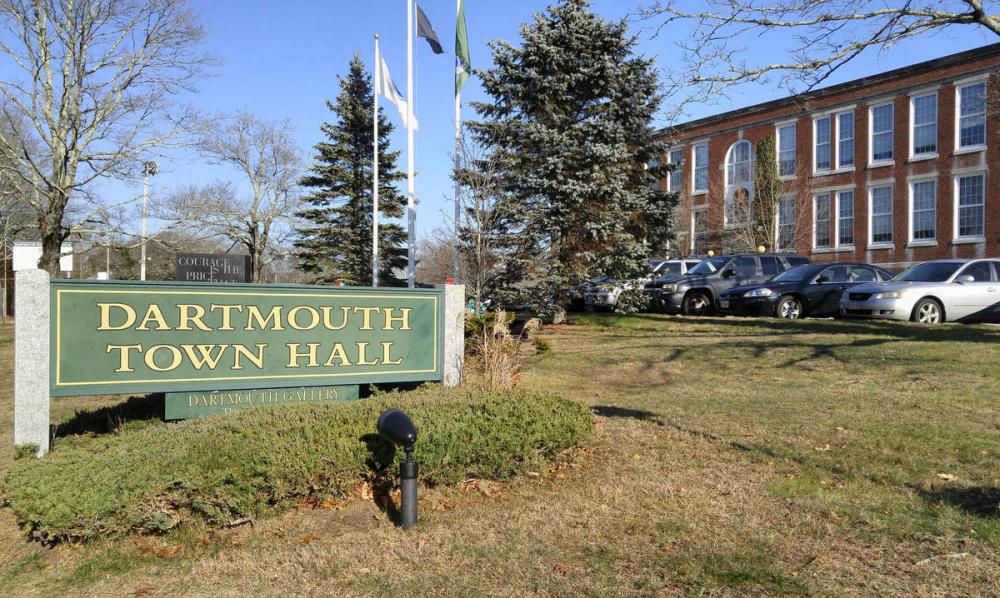Energy program tries to limit “sky high” electric bills
In addition to frosty windshields and snowy sidewalks, the chilly months often bring higher utility bills. Lights stay on longer to brighten shorter days and heaters stave off those bitterly cold nights. But Dartmouth is a member of a program established to help keep those electric bills manageable while providing renewable energy options.
Dartmouth is one of 25 municipalities to join the Community Electricity Aggregation program, which was launched in 2016 with the stated goal of keeping electricity rates low and stable over the course of years instead of fluctuating every few months. All Dartmouth residents are automatically enrolled in the program, though they may opt out at any time.
The effort to establish the program began in 2014, afterwhich Dartmouth and other participating communities across the region approved the program in their respective Town Meetings. The Massachusetts Department of Public Utilities approved the CEA in October 2015. Today, the program is the largest CEA in Massachusetts, and the second largest in the country
A CEA leverages the buying power of entire communities to negotiate the cost and source of a town’s energy. In Massachusetts and much of New England, residents in towns like Dartmouth can choose their electric provider instead of relying solely on a local utility.
Weather, war and politics are some of the many factors that influence the cost of electricity. Utilities like Eversource set new electricity rates every 6 months. On the other hand, the CEA program offers its members the same rate over the course of long-term contracts that last 2 to 3 years. Utilities are prohibited by law from entering into such long-term contracts, meaning that their rates fluctuate more often.
Dartmouth’s Energy Manager Kathleen Stanley explained that the CEA locks in rates when the market price for electricity is low, thereby preventing fluctuating or rising electricity costs during the winter. According to Stanley, Eversource charged 33 cents per kilowatt hour last January, more than three times as much as the CEA’s standard rate, which at the time was 10 cents per kilowatt hour.
“My concern on these community aggregation projects is protecting the residential customer from ridiculously high, sky high prices in the winter,” Stanley said. “I’m way more concerned about making sure that our residential customers never pay 33 cents.”
The CEA’s standard rate per kilowatt hour is now 15.78 cents, which will remain in place until November 2025. Eversource’s basic rate of 17.25 cents per kilowatt hour will change this July.
The CEA also provides a “Plus” option where customers receive all of their electricity through renewable energy sources at a higher rate of 17.37 cents per kilowatt hour. According to Dartmouth’s CEA website, this option allows people to lower their greenhouse gas emissions while increasing the demand for the construction of facilities that provide renewable energy.
People can learn more about the CEA program by visiting masscea.com/dartmouth.
Dartmouth residents may opt out of the CEA at any time to explore other energy providers, as the CEA’s rates may not always be the cheapest option compared to Eversource. However, Stanley cautions people searching for a different energy provider to beware of scams.
The Mass Consumer Affairs Blog said these scammers disguise themselves as legitimate utility companies offering cheaper energy bills to steal sensitive billing information. For more information on how to select an energy provider, visit mass.gov.













